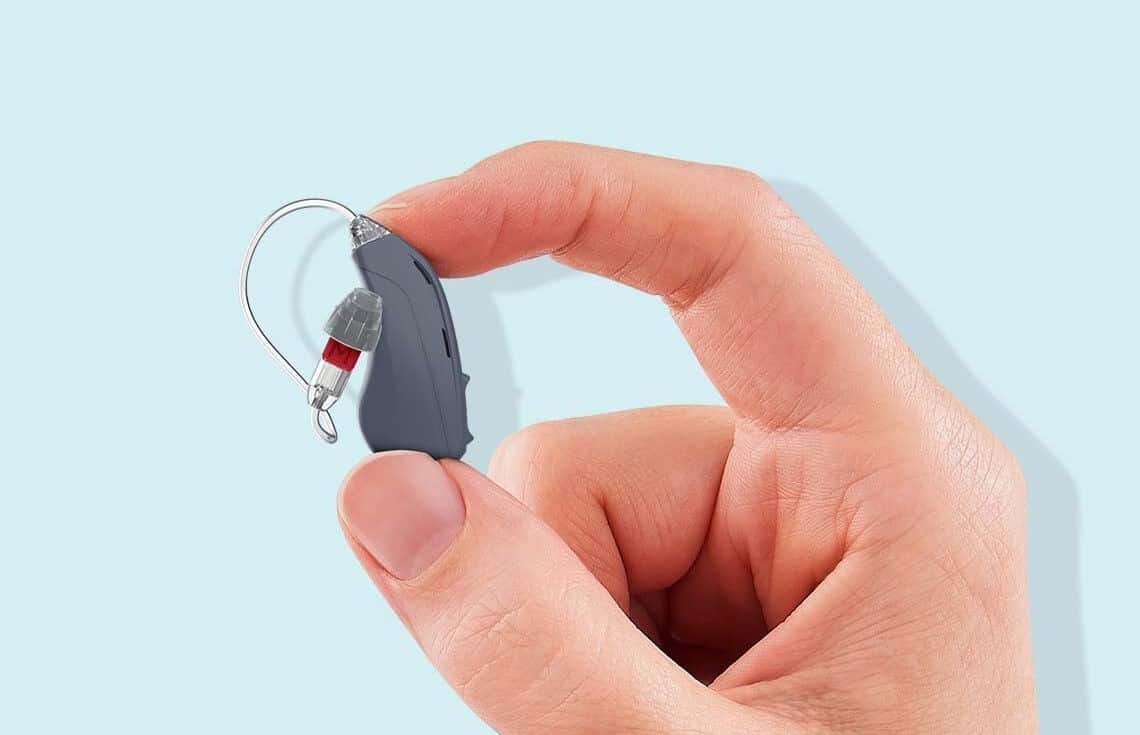Do you find yourself frequently asking people to repeat themselves or struggling to hear in noisy environments? These are common signs of hearing loss, which affects approximately 48 million Americans. If you’re experiencing hearing loss, it’s important to seek treatment as soon as possible to prevent further damage to your hearing. In this blog post, we’ll be discussing OTC (over-the-counter) hearing aids, which have become increasingly popular in recent years. We’ll examine what they are, who they’re suitable for, how they work, and the pros and cons of using them.
What are OTC Hearing Aids?
OTC hearing aids are a type of hearing aid that can be purchased without a prescription or professional fitting. They are intended to be a more affordable and accessible alternative to traditional hearing aids. OTC hearing aids come in various styles and sizes, ranging from in-the-ear to behind-the-ear models. They are generally less expensive than traditional hearing aids.
How do OTC Hearing Aids Work?
OTC hearing aids work similarly to traditional hearing aids, with a microphone that picks up sound and a speaker that amplifies it. However, they are not customized to an individual’s specific hearing needs like traditional hearing aids. Instead, OTC hearing aids are designed to be self-programmable, with the user adjusting the settings to their liking. This can be done through a smartphone app or a small remote control. While this may be convenient for some, it can also lead to improper settings that may not effectively address your hearing loss.
Pros and Cons of OTC Hearing Aids
Like any hearing treatment, OTC hearing aids have their pros and cons. One of the benefits of OTC hearing aids is that they are more affordable and accessible than traditional hearing aids. They also provide a level of convenience since they can be easily purchased without a prescription or professional fitting. Finally, they are much cheaper to purchase than hearing aids obtained through a hearing practice like ours.
However, there are also potential drawbacks to using OTC hearing aids. One of the main concerns is that they may not effectively address your specific hearing loss. Since OTC hearing aids are self-programmable, there is a risk that you may not adjust the settings correctly, leading to ineffective amplification. Additionally, OTC hearing aids are not personalized to your specific needs and may not be able to provide the same level of amplification as traditional hearing aids.
OTC hearing aids are suitable for individuals with mild to moderate hearing loss. They are not recommended for individuals with severe hearing loss or other medical conditions that affect their hearing. It’s important to note that while OTC hearing aids may be a suitable option for some, they are not a one-size-fits-all solution. A proper hearing evaluation is necessary to determine the cause and severity of your hearing loss, as well as to ensure that you are a suitable candidate for OTC hearing aids.
Should You Consider OTC Hearing Aids?
Ultimately, the decision to use OTC hearing aids should be made in consultation with a hearing professional. While OTC hearing aids may be a suitable option for some, it’s important to seek a proper hearing evaluation to determine the cause and severity of your hearing loss. This will help to ensure that you are a suitable candidate for OTC hearing aids and that they will effectively address your hearing loss.
It’s also important to consider the benefits and drawbacks of OTC hearing aids before making a decision. While they may be more affordable and accessible, they may not provide the same level of amplification as traditional hearing aids. Additionally, the self-programmable nature of OTC hearing aids may lead to improper settings that do not effectively address your hearing loss.
If you’re experiencing hearing loss, it’s important to seek treatment as soon as possible to prevent further damage to your hearing. While OTC hearing aids may be a suitable option for some, it’s important to weigh the pros and cons before making a decision. Consult with a hearing professional to determine the cause and severity of your hearing loss, and to determine if OTC hearing aids are a suitable option for you. At our hearing practice, we are dedicated to providing personalized hearing solutions to meet your unique needs. Contact us today to schedule a hearing evaluation and learn more about the hearing treatment options available to you.


